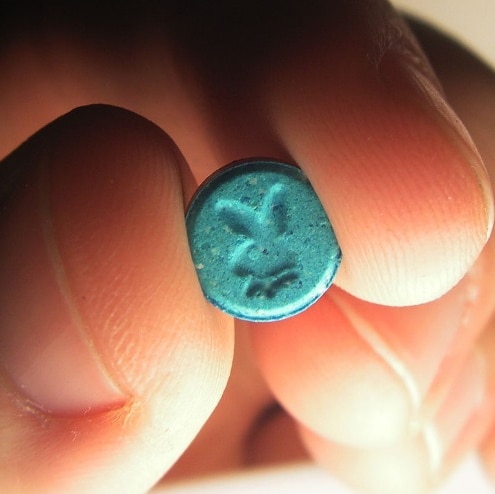MDMA pills journey from the laboratory to the dance floor is a fascinating tale of scientific curiosity and cultural evolution. Initially synthesized in 1912 by the German pharmaceutical company Merck, MDMA was not immediately recognized for its psychoactive properties. It wasn’t until the 1970s that MDMA began to garner attention in the psychiatric community, thanks to the work of chemist Alexander Shulgin. Shulgin explored MDMA’s potential therapeutic uses, noting its ability to enhance communication and emotional openness during psychotherapy sessions.
During the 1980s, MDMA gained popularity as a recreational drug, particularly within the burgeoning rave and club scenes. Users were drawn to its euphoric and empathogenic effects, which seemed to complement the communal and high-energy atmosphere of dance events. This period marked the transition of MDMA from a therapeutic tool to a widely used substance in social settings. The drug was often sold under the name “Ecstasy,” and its use became synonymous with the vibrant and sometimes hedonistic culture of electronic music festivals. korova black bar
However, the increased recreational use of MDMA also led to growing concerns about its safety and potential for abuse. By the mid-1980s, MDMA was classified as a Schedule I substance in the United States, indicating a high potential for abuse and no accepted medical use. Despite this legal status, research into MDMA’s therapeutic potential continued, albeit under strict regulatory constraints. This dual identity—as both a party drug and a potential therapeutic agent—has shaped the discourse around MDMA, highlighting the need for balanced and informed perspectives on its use. MDMA Pills

The future of MDMA research is bright, with emerging studies promising to deepen our understanding of its effects and therapeutic potential. One of the most exciting areas of research is the exploration of MDMA-assisted therapy for PTSD. With promising results from initial studies, larger clinical trials are underway to further validate the efficacy of this treatment. Researchers are also investigating the mechanisms by which MDMA enhances emotional processing, aiming to optimize therapeutic protocols and improve outcomes. MDMA Pills
Beyond PTSD, MDMA is being studied for its potential to treat other mental health conditions. For example, research is exploring its use in addressing social anxiety in autistic adults, where the empathogenic effects of MDMA can facilitate social interactions and reduce anxiety. Studies are also examining MDMA’s potential for treating depression, particularly in cases where traditional treatments have been ineffective. These diverse applications highlight the versatility of MDMA as a therapeutic agent. Ecstasy
Advancements in neuroimaging techniques are also contributing to MDMA research. By using tools like functional magnetic resonance imaging (fMRI), researchers can observe the brain’s activity during MDMA use, providing insights into how the drug affects neural circuits and emotional processing. These findings can inform the development of targeted therapies and enhance our understanding of MDMA’s impact on the brain. As research continues to unfold, the future of MDMA holds promise for both scientific discovery and therapeutic innovation. buy steriods online
